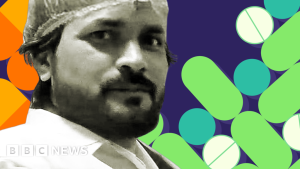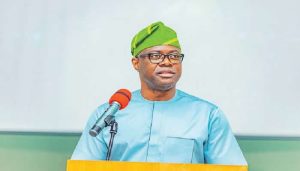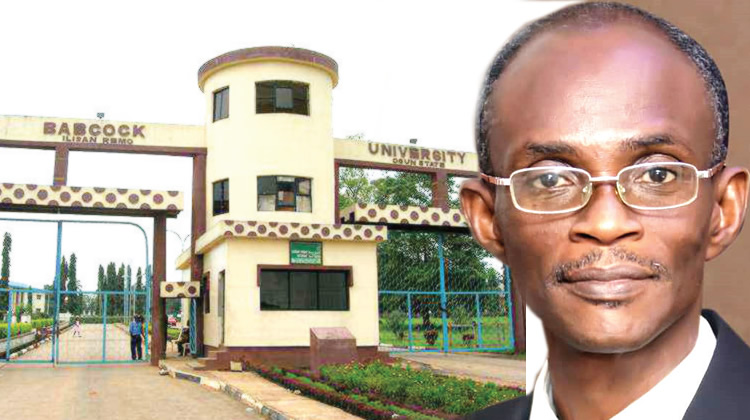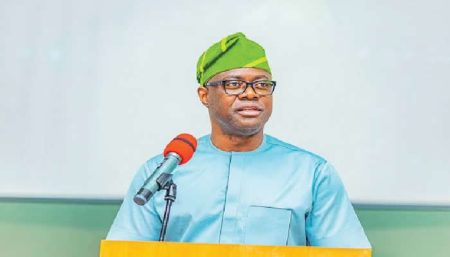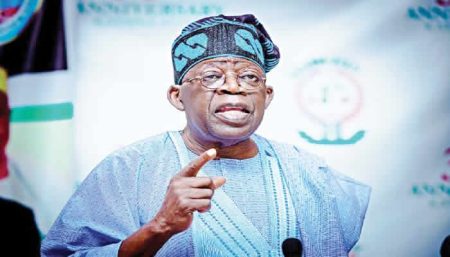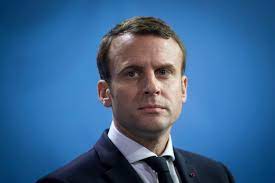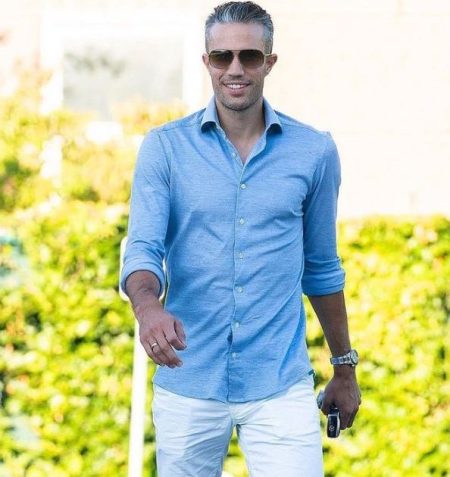The Vice-Chancellor of Babcock University, Professor Ademola Tayo, has highlighted the crucial role of sports in youth development and global unity. He emphasized the need for increased investment in sports, recognizing its potential to engage young people constructively and steer them away from negative influences. Professor Tayo argued that sports provide a positive outlet for youthful energy, which, if left undirected, can manifest in detrimental behaviors such as drug abuse, cybercrime, and cultism. Furthermore, he underscored the unifying power of sports, citing its ability to bridge divides and foster peaceful coexistence across diverse communities and nations. This unifying aspect, he noted, transcends tribal, ethnic, and political differences, rallying people together under a shared banner of sporting enthusiasm.
Professor Tayo’s assertions were made during a meeting with the executive members of the Nigeria Private University Games Association (NPUGA) at Babcock University. The occasion was significant as the university was announced as the host for the 2025 NPUGA Games scheduled for August. This decision, according to the Vice-Chancellor, underscores Babcock University’s commitment to promoting sports and its belief in the transformative power of athletic activities. He pointed to the multitude of benefits derived from sports, including improved health, stronger social bonds, and economic empowerment. The university’s hosting of the NPUGA Games is a testament to their dedication to fostering a vibrant sporting culture within the academic environment.
Beyond the NPUGA Games, Babcock University also pledged its support for the upcoming National Sports Festival to be hosted by Ogun State in May. The university will serve as the official Games Village, leveraging its state-of-the-art facilities to accommodate a large contingent of athletes. Professor Tayo expressed confidence in the university’s capacity to host up to 12,000 athletes, highlighting the institution’s commitment to providing a conducive and supportive environment for sporting excellence. This dual commitment to hosting both the NPUGA Games and serving as the National Sports Festival’s Games Village showcases Babcock University’s proactive role in advancing sports development at both the private university and national levels.
The Vice-Chancellor’s emphasis on sports aligns with a growing global recognition of its multifaceted benefits. Sports not only promote physical health but also contribute to mental well-being, character development, and social cohesion. By providing a platform for healthy competition, teamwork, and discipline, sports equip individuals with valuable life skills that extend beyond the playing field. Moreover, the economic benefits of sports are increasingly apparent, creating opportunities for athletes, coaches, and support staff, while also generating revenue through sponsorships, merchandise, and tourism.
The decision to host the 2025 NPUGA Games and serve as the Games Village for the National Sports Festival places Babcock University at the forefront of sports development in Nigeria. By investing in sports infrastructure and providing opportunities for young athletes, the university is playing a vital role in shaping the future of Nigerian sports. Furthermore, the university’s commitment to hosting these prestigious events sends a strong message about the importance of sports in education and national development. It reinforces the idea that sports are not merely extracurricular activities but integral components of a well-rounded education.
In conclusion, Professor Tayo’s advocacy for increased investment in sports underscores the transformative potential of athletic activities. His vision aligns with the broader global movement to recognize and harness the power of sports for individual, community, and national development. By hosting the NPUGA Games and serving as the Games Village for the National Sports Festival, Babcock University is setting a precedent for other institutions to follow, demonstrating the significant contributions that universities can make to the advancement of sports in Nigeria. This commitment to sports is not just about hosting games; it’s about building a future where sports play a central role in shaping healthy, engaged, and unified communities.


